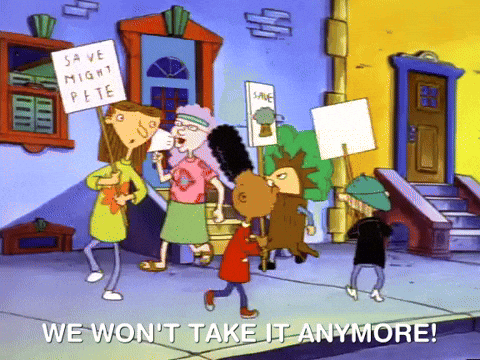John Storey, in his book “Cultural Theory and Popular Culture”, discusses competing theories and approaches regarding popular culture as a “site where collective social understandings are created” (Storey, 2012). The nature of how popular culture is created and utilised has evolved with globalisation and as technology has become more sophisticated.

Indeed, in John Fiske’s book “Understanding Popular Culture” it is discussed how “popular culture is made by the people, not produced by the culture industry” (Fiske, 1989). This theory can be seen in the development of increasing self-made content, responding to and creating popular culture in applications such as Youtube, Instagram and TikTok. These platforms allow for popular culture to evolve on a global scale, whilst also contributing to the nature of the “digital divide”. Indeed, the digital nature of popular culture disrupts the access of these social understandings to those without social media while simultaneously offering a platform to facilitate grassroots activism.

Grassroots activism is a form of activism which mobilises individuals to take political action and achieve some outcome (Bergan, n.d.). Through the rise of social media platforms, grassroots activism is popularised as users develop an understanding of the impact that is made when individuals unite together.

TikTok is a user-generated entertainment platform in which creators can post comedy, dances, and more recently, content contributing to activism surrounding the Black Lives Matter movements and political rallies. John Herrman (2020) discusses TikTok as being a “prominent venue for ideological formation, political activism and trolling”. This use of the online network supporting over 800 million users is an example of grassroots activism, allowing the mobilisation of public political discourse and activism (Bergan, n.d.). Through TikTok’s socio-technical features, a third space is created for predominantly teens to articulate and negotiate their social values in an engaging and impactful way.

TikTok is a platform I frequently use to access popular culture, and I have seen first-hand the impact this platform can have on global issues through the uniting of like-minded individuals. A demonstration of this was seen in the sabotaging of Donald Trump’s Oklahoma rally, in which TikTok users were encouraged to reserve a seat at the rally and then not attend. This demonstration of grassroots activism resulted in a mere fraction of the venue’s capacity of supporters attending the rally (Allaire, 2020). Further movements the app has contributed to are the Black Lives Matter protests, where users drowned the #WhiteLivesMatter hashtag in BLM messages as well as spreading information regarding climate change and police brutality.
The vast popularity of this emerging cultural form can be partly attributed to the potential empowering grassroots voice it gives users. The threat of TikTok being removed within the USA could act as a hindrance for grassroots activism and globalisation as a whole. The increased political and climate awareness of the public formed from apps such as TikTok, place pressures on governments that have not been experienced before. These undeniable impacts demonstrate not only the application’s popularity but also its ability to create wanted change and improve social understanding. The 800 million users on the platform, including myself, see these potentials within Tiktok and value the contribution we make to this popular culture.
P.s. Remember to Keep it Sweet!
References:
Allaire, C., 2020. How Tiktok Went From Dance Videos To Meaningful Activism. [online] Vogue. Available at: <https://www.vogue.com/article/tiktok-activism-president-trump-rally> [Accessed 3 September 2020].
Bergan, D., n.d. Grassroots. [online] Encyclopedia Britannica. Available at: <https://www.britannica.com/topic/grassroots> [Accessed 3 September 2020].
Fiske, J., 1989. Understanding Popular Culture. London: Routledge.
Herrman, J., 2020. Tiktok Is Shaping Politics. But How?. [online] Nytimes.com. Available at: <https://www.nytimes.com/2020/06/28/style/tiktok-teen-politics-gen-z.html> [Accessed 3 September 2020].
Storey, J., 2012. An Introduction To Cultural Theory And Popular Culture. 6th ed. London: Routledge.